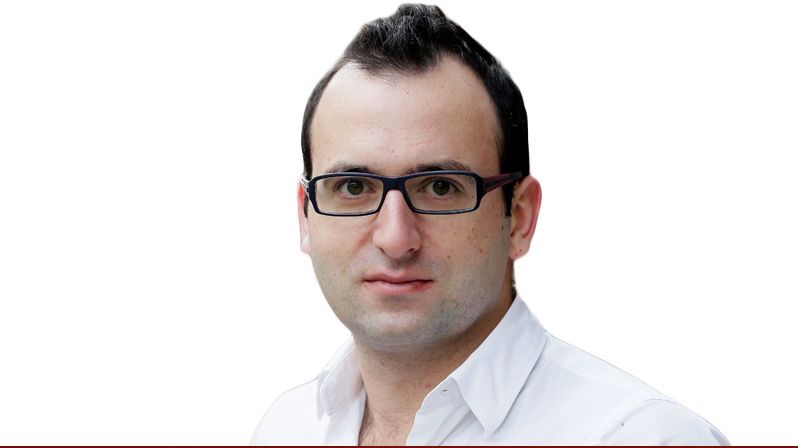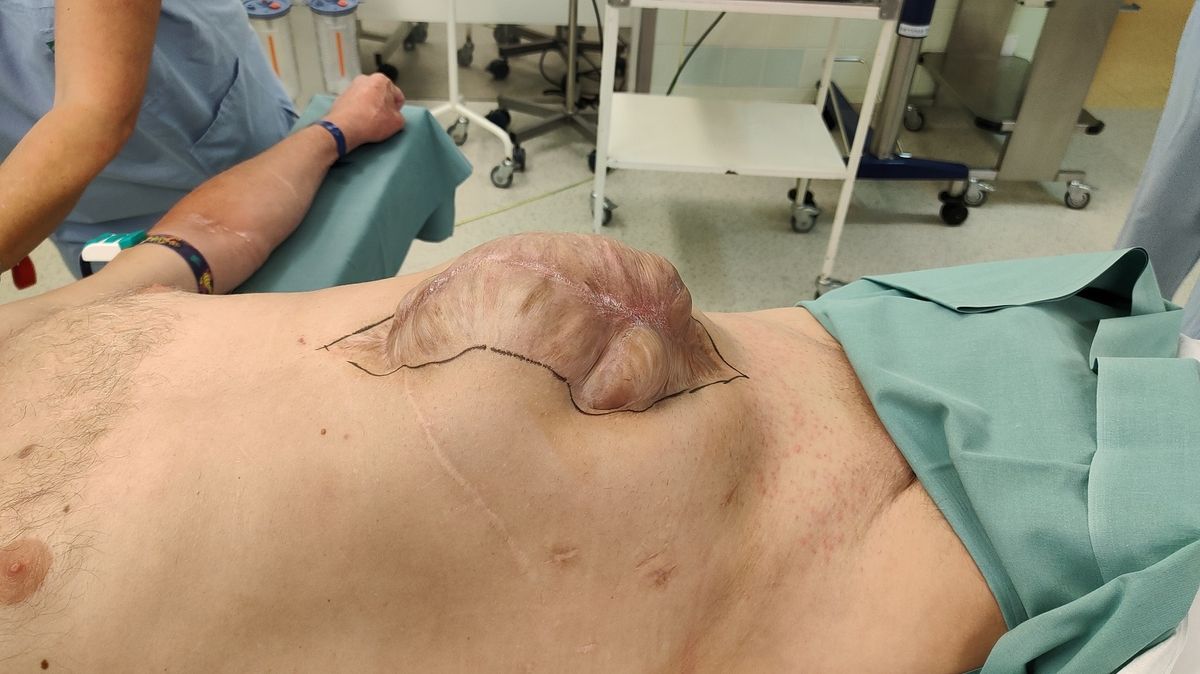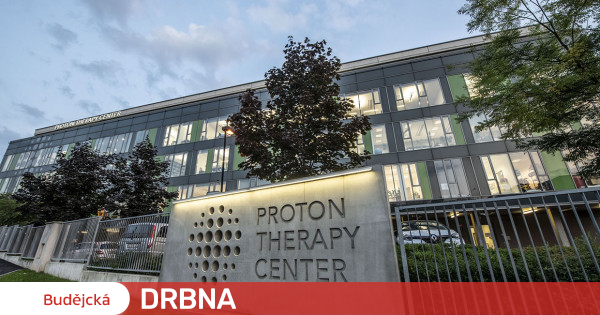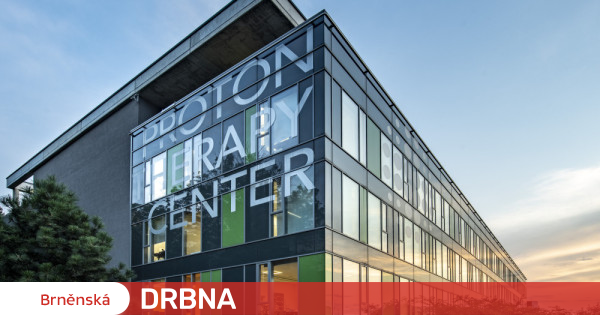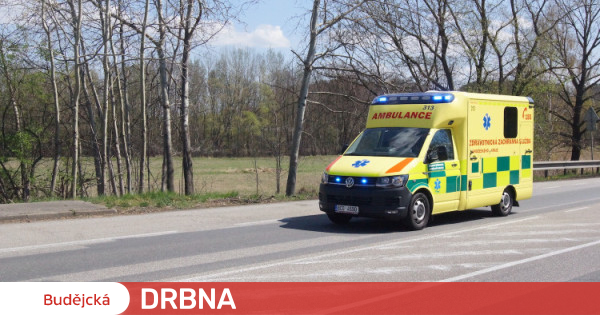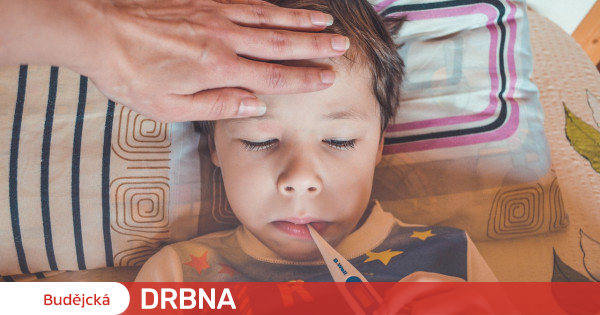Not only hot, a workplace that is too air-conditioned can also torture employees in the summer.
“We have two camps here. One prefers heating without air conditioning, the other prefers cooling. But we have the advantage that, in addition to open space, colleagues can be in separate offices, so problems can be solved easily,” explains Tomáš Novotný, project head at IT company Pixelmate.
Daniela Marhonsová, director of the occupational hygiene department at Ústí hygienists, also admits possible difficulties at work. “The problem with air-conditioned workplaces is that some people don’t like the cold air at all, some are bothered by the increased flow of cold air and the like,” he says.
According to the flow regulation Starting at the end of 2022 which regulates temperature conditions in the workplace, employers must adhere to several principles. Air conditioner and its settings related to it.
“The microclimatic conditions at work are one of the basic prerequisites for a health-free working environment, which is related to the general provisions of the Labor Code,” explains Eva Davidová, spokeswoman for the Ministry of Labor and Social Affairs.
37 outside? At the office on the 31st
The temperature that employers must ensure in an air-conditioned workplace is usually between 22 and 24.5 °C.
In summer, the difference between indoor and outdoor temperatures should not be more than 6°C. “This temperature should guarantee that switching between an air-conditioned indoor office and a very warm outdoor environment will not cause colds, which often come with very unpleasant complications,” explains Marhonsová.
But there is one more exception that comes into play. “If the outside temperature exceeds 30 °C, then there is no need to adhere to the maximum values for office work (i.e. 24.5 °C, editor’s note),” explains Jan Pečinka, director of the cleaning station in the Vysočina region.
Moreover, the minimum temperature increases with each additional degree. If it’s 37°C outside, such as on a weekend, for example, the temperature in an air-conditioned office shouldn’t drop below 31°C.
In such a case, the employer must provide a protective drink. This means mineral water for more physically demanding professions, and pure tap water for office work. “There is no increase in physical activity, that is, there is no increase in mineral loss,” says hygienist Marhonsová.
The law also establishes procedures for even higher temperatures. “If the temperature in the office workplace exceeds 36 °C, safety breaks must be provided, which are counted as working hours,” said Matyáš Fošum, director of the public health protection department of the Ministry of Health, for Seznam Zprávy.
Filed a complaint
But what happens if the employer does not comply with these provisions and has a negative impact on the health of workers? “If the body temperature according to government regulations is not complied with and the employee has to take sick leave because of this, then it is possible to sue for damages,” suggested the lawyer in charge of labor law Ladislav Jouza.
This amount is then calculated from income and sick pay. “Employees are entitled to compensation equal to the difference between average earnings and the full amount of sick pay,” explains Eva Davidová, spokeswoman for the Ministry of Labor and Social Affairs.
The person concerned should submit a complaint about cleanliness either in writing, by telephone, or by email. According to Marhonsová, the cleaning system responds to stimuli related to microclimatic conditions within a few days.
“These are temperature fluctuations that don’t tend to last very long, so we are trying to solve this problem as quickly as possible. We have certified portable thermometers that can be used to determine the temperature in a few minutes and thereby determine whether there has been a violation of the law.”
In such cases, the cleaners sanction and demand correction of identified deficiencies. “Our priority is the protection of human health,” explains Marhonsová.
According to the cleaning expert Pečinka, inspections are carried out at the workplace not only on the initiative of employees, but also randomly.
Something similar happened in the Ústí Region. “Employees of the cleaning station know for sure a workplace where the microclimatic conditions are not observed or the temperature is low or, conversely, above the limit caused by the technological process,” concludes Marhonsová.

“Certified bacon geek. Evil social media fanatic. Music practitioner. Communicator.”


